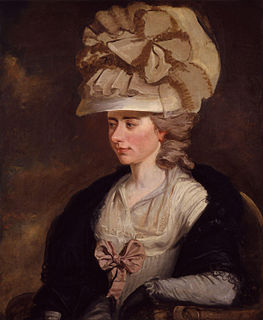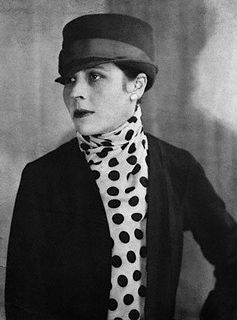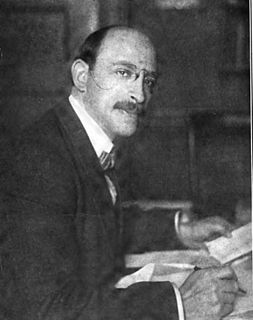A Quote by Stanley Ellin
No one put a gun to your head and ordered you to become a writer. One writes out of his own choice and must be prepared to take the rough spots along the road with a certain equanimity, though allowed some grinding of the teeth.
Related Quotes
A writer's life is a highly vulnerable, almost naked activity. We don't have to weep about that. The writer makes his choice and is stuck with it. But it is true to say that you are open to all the winds, some of them icy indeed. You are out on your own, out on a limb. You find no shelter, no protection - unless you lie - in which case of course you have constructed your own protection and, it could be argued, become a politician.
You must not sneeze. If you have a vehement cold you must take no notice of it; if your nose membranes feel a great irritation you must hold your breath; if a sneeze still insists upon making its way you must oppose it keeping your teeth grinding together; if the violence of the pulse breaks some blood-vessel you must break the blood-vessel -- but not sneeze.
With stand-up you meet almost constant rejection. You put yourself out there with your thoughts and your ideas, and you think they're funny, and you hope other people think they're funny too. The only way you're going to find out is when you do it and what the reaction is going to be. So if you're not prepared for that, if you're not willing to go along with that, it's going to be a rough road. But beyond stand-up, in terms of auditioning for acting roles, you don't get most of the roles you audition for - you get a precious few.
I encountered a large temporary sign declaring Rough Road Ahead, and indeed it was. Had I not been warned, that experience would have been disastrous. Life is like that. It's full of rough spots. Some are tests to make us stronger. Others result from our own disobedience.... Each one of us encounters unique challenges meant for growth.
“God,” she cried, “what is love? Man seeking his own head? The human head, so rented by misery that even the teeth weigh! She couldn't tell me the truth because she had never planned it; her life was a continual accident, and how can you be prepared for that? Everything we can't bear in this world, some day we find in one person, and love it all at once.”
The writer trusts nothing she writes-it should be too reckless and alive for that, it should be beautiful and menacing and slightly out of control. . . . Good writing . . . explodes in the reader's face. Whenever the writer writes, it's always three or four or five o'clock in the morning in her head.
Trying to do good to people without God's help is no easier than making the sun shine at midnight. You discover that you've got to abandon all your own preferences, your own bright ideas, and guide souls along the road our Lord has marked out for them. You mustn't coerce them into some path of your own choosing.
For a while he'd tried molding himself into the tragic Romantic hero, brooding and staring clench-jawed off into space as he composed dark verse in his head. But it turned out that trying to appear tragic in Incontinence, Indiana, was redundant, and his mother kept shouting at him and making him forget his rhymes. "Tommy, if you keep grinding your teeth like that, they'll wear away and you'll have to have dentures like Aunt Ester." Tommy only wished his beard was as heavy as Aunt Ester's---then he could stare out over the moors while he stroked it pensively.
It is not humility to insist on being someone that you are not. It is as much as saying that you know better than God who you are and who you ought to be. How do you expect to arrive at the end of your own journey if you take the road to another man's city? How do you expect to reach your own perfection by leading somebody else's life? His sanctity will never be yours; you must have the humility to work out your own salvation in a darkness where you are absolutely alone.


































